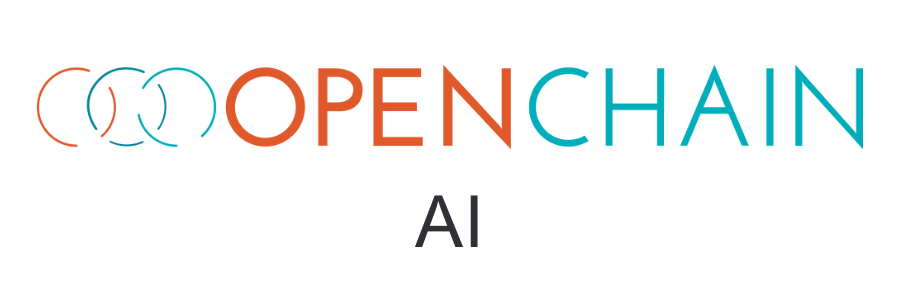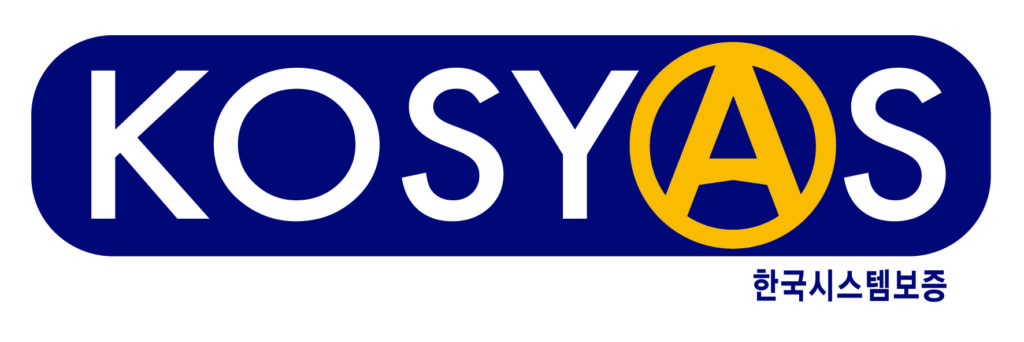Nanjing Fujitsu Nanda Software Technology Co., Ltd. (herein after called ‘FNST’), the second company in China to adopt ISO/IEC 5230:2020, has completed regular recertification for the international standard for open source license compliance. This standard defines the key requirements of a quality open source compliance program, and helps to both reduce errors and increase efficiency across the global supply chain.
ISO/IEC 5230:2020 and ISO/IEC 18974:2023, a sister standard for security assurance, have a regular recertification process to ensure that open source programs are up-to-date and match current organizational strategy and staffing. Recertification can be done through self-certification, independent assessment or third-party certification on a regular 18 month cycle. The OpenChain Project provides extensive certification support via its website: https://www.openchainproject.org/get-started
“The ISO/IEC 5230 recertification process is a key part in ensuring processes are current and match products, services and strategy. FNST’s recertification to our standard for open source license compliance is a clear demonstration of their ongoing commitment to excellence in open source management.” – Shane Coughlan, OpenChain General Manager.
About FNST
FNST is an overseas software development center of Fujitsu Limited, which was jointly established by Fujitsu Limited and Nanjing University in 1999. Since 2003, FNST has been contributing to the open source community with submission of over 18,000 patches for various fields such as Linux kernel, OpenStack and Cloud Native Computing Foundation. FNST has also been one of organizers of China Linux Kernel Developer Conference since 2011. For more information, please see https://www.fujitsu.com/cn/fnst/
About Fujitsu
Fujitsu’s purpose is to make the world more sustainable by building trust in society through innovation. As the digital transformation partner of choice for customers in over 100 countries, our 124,000 employees work to resolve some of the greatest challenges facing humanity. Our range of services and solutions draw on five key technologies: Computing, Networks, AI, Data & Security, and Converging Technologies, which we bring together to deliver sustainability transformation. Fujitsu Limited (TSE:6702) reported consolidated revenues of 3.7 trillion yen (US$28 billion) for the fiscal year ended March 31, 2023 and remains the top digital services company in Japan by market share. Find out more: www.fujitsu.com
About the OpenChain Project
The OpenChain Project has been building Trust in the Supply Chain Since 2016. Our vision is a supply chain where open source is delivered with trusted and consistent process management information. Our mission is to make that happen. The OpenChain Project has an extensive global community of over 1,000 companies collaborating to make the supply chain quicker, more effective and more efficient. Learn more at https://www.openchainproject.org/






